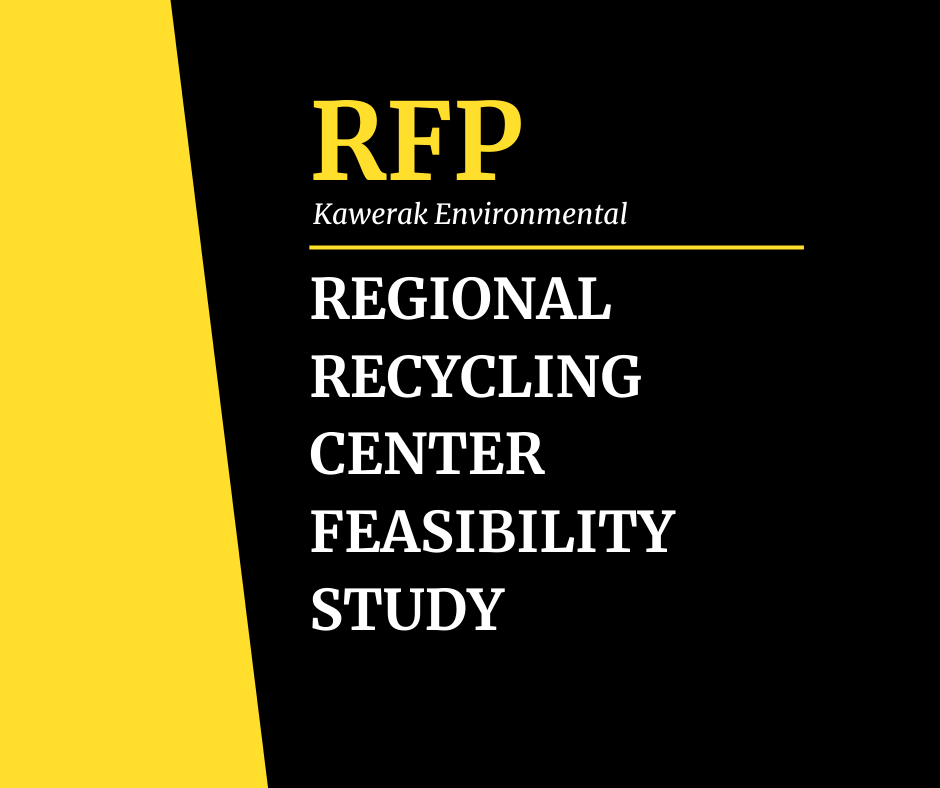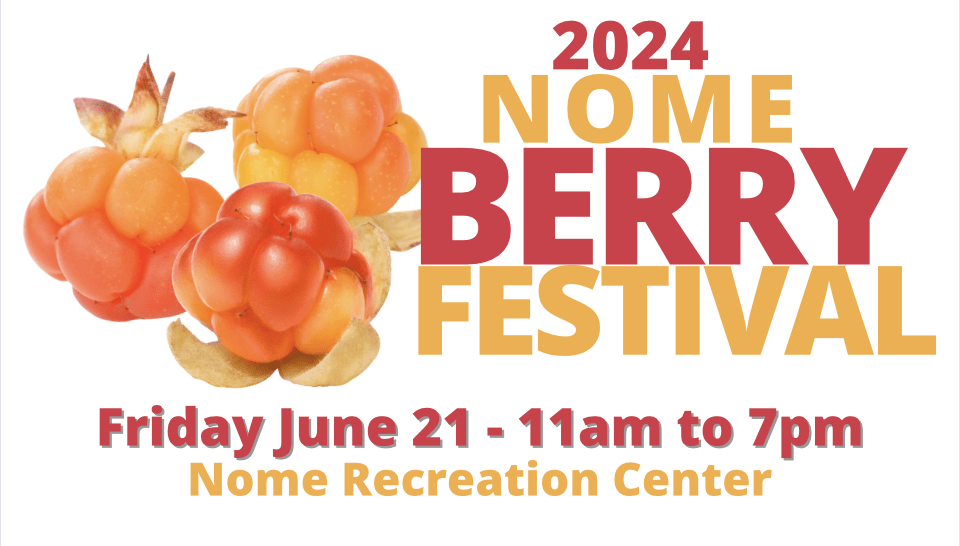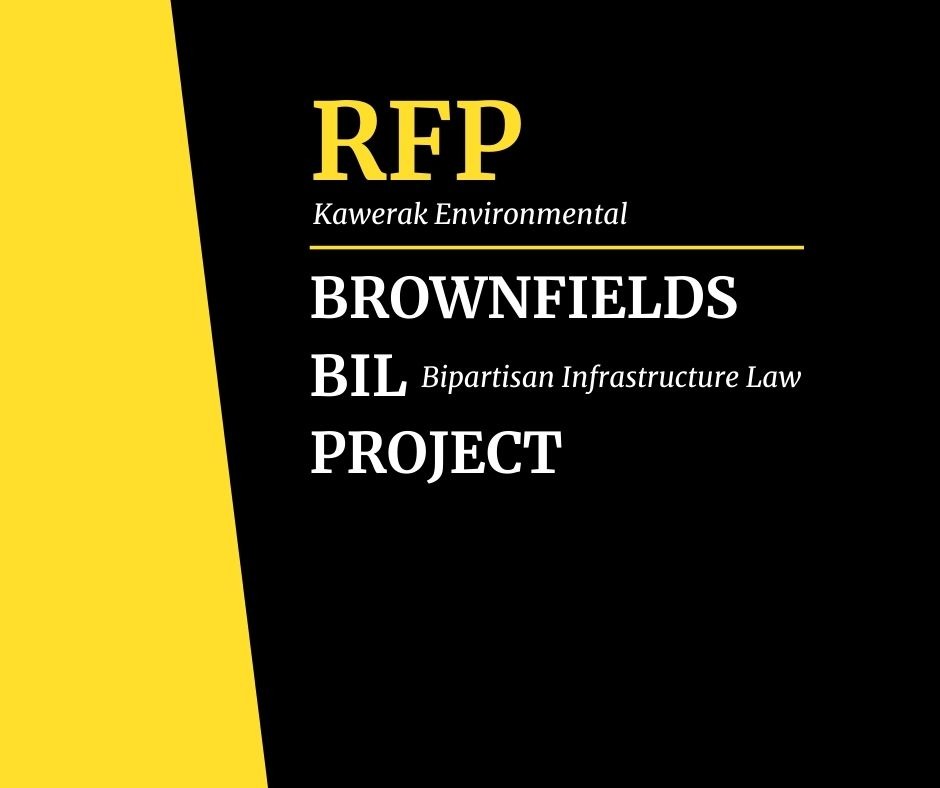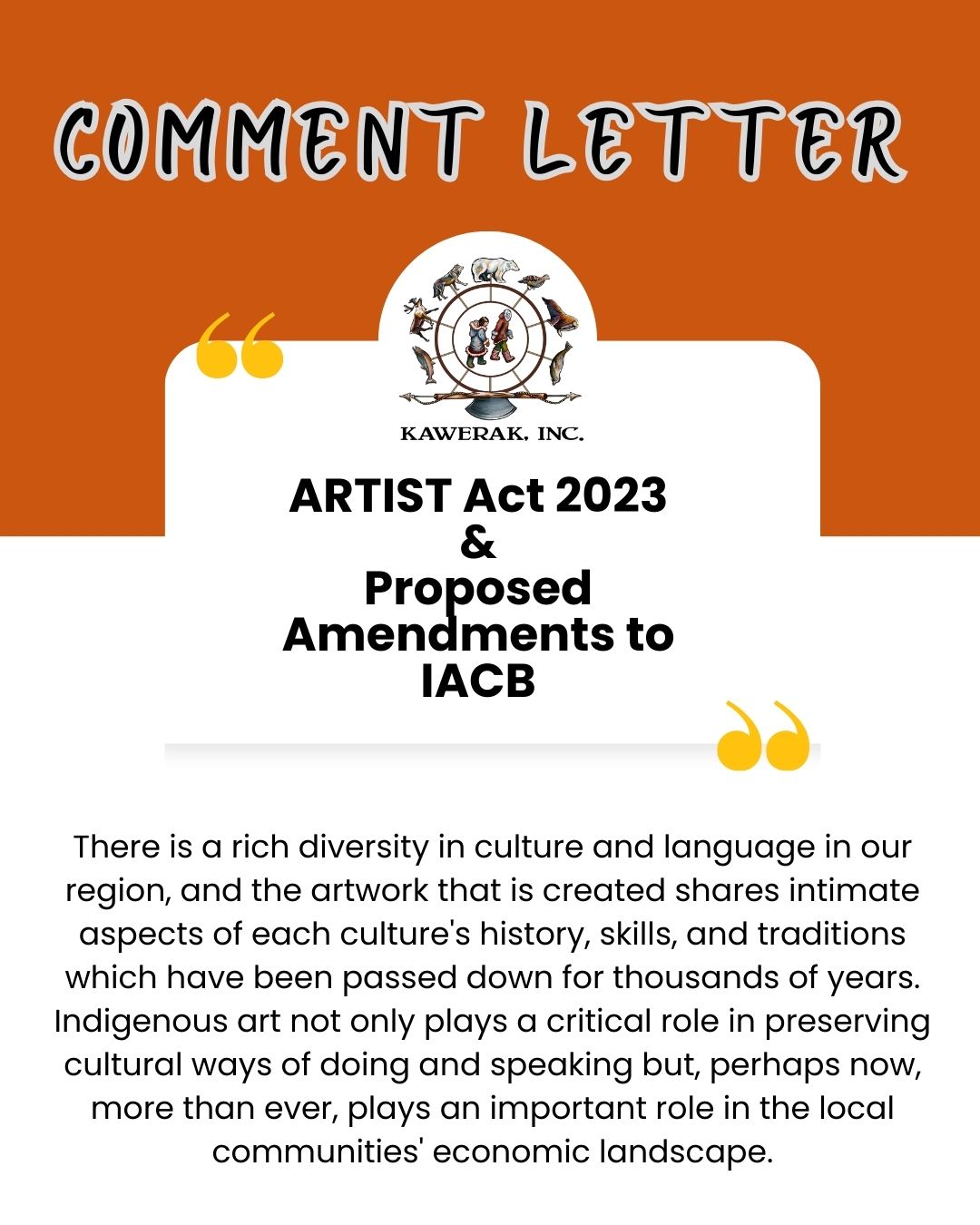Kawerak Request for Proposal
Regional Recycling Center Feasibility Study
DUE OCTOBER 2, 2020
KAWERAK ENVIRONMENTAL PROGRAM
Table of Contents
I. Document Purpose and Background…………………………………………………………………………2
II. Summary of Deliverables ………………………………………………………………………………………… 2
III. Project Information…………………………………………………………………………………………………3
IV. Evaluation Process…………………………………………………………………………………………………..5
V. Additional Information……………………………………………………………………………………………..5
VI. Other………………………………………………………………………………………………………………………6
I. Document Purpose and Background
Kawerak, Inc.’s Environmental Program seeks a contractor to produce and deliver a “Regional Recycling Center Feasibility Study” within nine months of the start of the contract. The intent of the study is to help the Kawerak Board of Directors make an informed decision on whether they want to proceed with seeking funds to build and operate a regional recycling center.
The Kawerak Environmental Program has operated a 10-year EPA-funded regional recycling program that assists our member tribes in properly recycling certain household hazardous materials. Kawerak staff works with each community to backhaul recyclable items from the villages to Nome, and then on to Seattle for proper disposal. All of the activities of storing, sorting, staging and transporting material currently take place outdoors in Nome, Alaska. Much of the year, our team carries out our current recycling operations in the wind, rain, and cold. It is our hope to build a facility that eliminates these conditions from negatively affecting workers health and activities.
Residents of our region often ask why Kawerak has not expanded its recycling efforts to include a larger volume of material or other waste streams. Locals have also expressed frustration that there is not a designated safe disposal location in Nome for used oil, antifreeze, or other liquid waste. The Regional Recycling Center Feasibility Study will examine the viability of incorporating these types of materials into our current program, as well as identifying what type of facility will work best in our community and region.
The main project goals are to produce a study that supports leadership decision making, to develop a funding strategy if the project proves feasible, and to garner local support to ensure the project is successful.
II. Summary of Deliverables
To be considered, Responders must deliver proposals to the address below, on or before the deadline, and in the number of copies indicated below.
Deadline: Proposals will be accepted until Friday, October 2, 2020 at 5pm Alaska Standard Time (AKST).
Address Responses To: Kawerak Environmental Program, Attention Anahma Shannon, Environmental Program Director, P.O. Box 948, Nome, Alaska, 99762 or email to ashannon@kawerak.org
Mark Proposals as Follows: “Regional Recycling Center Feasibility Study Proposal – Kawerak Environmental Program”
Cover Letter: 1 page maximum
Narrative: 5 pages maximum
Resumes: 2 pages maximum (each)
III. Project Information
Contractor will:
- Produce a feasibility study that accounts for program and facility costs and revenues forecasted over ten years.
- Facilitate six stakeholder meetings to gather input from residents, both from Nome and from the villages, which will be needed for the feasibility study. Stakeholder meetings can be facilitated via teleconference or online applications, if in-person meetings are not possible.
- Use existing data provided by Kawerak staff and develop a funding strategy that outlines which funding source should be prioritized and when.
FEASIBILITY STUDY
The Regional Recycling Center Feasibility Study will evaluate facility options, possible locations, and ultimately outline the best recycling center model for our needs. The study will evaluate our economic trends, the status of shipping in the Arctic, and the current methods of recycling employed throughout our region and the state. It will demonstrate how to incorporate sustainable methods into the program such as fees for services, revenue-generating options, as well as exploring energy efficiency measures for the facility. The study will provide an overarching strategy for us to develop a sustainable recycling center that works best for our region.
Kawerak staff will contribute information pertaining to current local and statewide recycling efforts, local economic development plans, community demographics, and known market prices. Kawerak staff will answer questions, provide feedback and assist as needed, but the development of the document, formatting and research are the responsibility of the contractor. The contractor will deliver the study to Kawerak in three stages of development: preliminary 35%, mid-way 65%, and final 95%. Kawerak staff and regional representatives will review these drafts for input and edits.
The final draft will be presented to the Kawerak Board at an agreed upon Board meeting and will be delivered by the contractor and/or Kawerak Environmental Program Director. The contractor may attend the meeting telephonically if travel is an issue. The final draft is due to Kawerak staff for review three weeks prior to the identified board meeting. This will allow time for final Kawerak staff input and edits, and selected review by our tribal agencies or partners, as well as time to be included in the Board packet, which is submitted to Board members one week before the meeting.
Once approved by the Kawerak Board of Directors, the contractor will provide a finalized, fully formatted digital document to the Kawerak Environmental Program Director. Kawerak can reproduce or update the plan as needed and will own the final product. The director and contractor can decide if presentation of the plan to the Board of Directors would benefit by having the contractor present. If so, a request for more travel funds can be made at that time if they are available in Kawerak’s budget.
FACILITATING MEETINGS
The contractor will schedule dates, develop the agenda and discussion questions for, and facilitate six meetings to ensure stakeholder engagement, partnership development, and to provide feedback for the plan. Kawerak staff that attended the meeting and the contractor will debrief after the meeting to determine the level of engagement by attendees, and to measure on a scale of one to five, the level of positive feedback from residents. The contractor will provide a 1-5 page summary of each meeting to Kawerak staff and will include the list of meeting participants.
- The contractor will schedule and facilitate discussion at two meetings, no less than one hour but up to three hours each, with local Nome residents. The contractor will develop agenda and discussion questions and provide to the director for review and approval. At the meetings, contractor will provide information to the public about the feasibility study, lead a discussion about recycling in Nome, and gather information that will be useful for the feasibility study. A successful meeting will be one that engages participants and gathers useful information for the study. Kawerak staff will work with the contractor to find suitable dates and discuss appropriate outreach for the meeting. Kawerak staff will help with conducting meeting outreach, pay for and assist with setting up the meeting venue, provide meeting supplies, and provide light refreshments for participants if meeting is in person.
- Two meetings, no less than one hour but up to two hours each, will be hosted telephonically with representatives from Kawerak region villages. The contractor will brief them on the project, lead them in a discussion to learn about recycling in their communities, and gather information that will be useful for the feasibility study. The first telephonic meeting will be introductory in nature. The second telephonic meeting will be used to discuss the study at no less than 35% complete and seek to obtain feedback from participants about the draft. Kawerak staff will provide a teleconference number to use for these meetings and will reach out to participants to prepare them for the calls. Contractor will have an agenda prepared for Kawerak staff to submit to participants no less than one week in advance of the meeting.
- Two meetings, no less than four hours but up to six hours each, will be hosted telephonically or in Nome, with 6-20 tribal representatives of the Bering Strait region. Contractor will present information pertaining to the study, review project updates, and seek feedback from participants about the study. Kawerak staff will work with the contractor to find suitable meeting dates, conduct outreach for the meeting, pay for and assist with setting up the meeting venue, provide meeting supplies and light refreshments for participants, create an invitation list for both meetings, and will coordinate and pay for all travel for out-of-town participants, if meetings are in person.
FUNDING STRATEGY
The contractor will develop a funding strategy that outlines how and when to prioritize eligible funding opportunities, using existing data, which Kawerak staff can assist in identifying. The funding strategy will be included within the feasibility study, and will identify funding opportunities such as planning and design, land development, facilities, construction, energy efficiency measures, and/or equipment. Staff will work with the contractor to identify which needs should be included in the funding strategy.
IV. Evaluation Process
Bids will be evaluated based on contractor’s proposed narrative, experience, and the overall feasibility of the proposal.
- A narrative will outline how contractor proposes to develop this project, including an overall timeline, an activity matrix including major projects and deadlines outlined in this RFP, and ideas for working with Kawerak staff. This is the approach to providing the services and should address who, what when, where, how, and in what sequence the work would be performed. 30 points
- A project budget will include staff time, supplies, travel and other expenses. 15 points
- Previous Experience: Provide a summary of projects similar in size and complexity that demonstrate relevant experience, preferably in the Bering Strait region or rural Alaska. Summarize rural Alaska experience. 25 Points
- Specialized Experience: Working knowledge and preferably previous experience within the fields of recycling, community engagement, and rural economic development within the state of Alaska. 30 Points
Contractor Selection Criteria Weight
- Narrative 30
- Budget 15
- Previous Experience 25
- Specialized Experience 30
Total 100
In the event that Kawerak cannot successfully negotiate a contract with the highest ranked Responder, staff will terminate negotiations with that Responder and initiate negotiations with the next highest ranked Responder. This process will be followed until Kawerak and a Responder have reached agreement and a contract is executed, if at all, unless circumstances warrant otherwise.
V. Additional Information
1. Responders should be aware that the information presented in this document is preliminary, and subject to change.
2. Any costs incurred in response to this request are at the Responder’s sole risk and will not be reimbursed by Kawerak or any project funders.
3. Kawerak reserves the right to define and waive informalities, and to make a selection as deemed in its own best interest. This includes the right to decline to enter into any contracts based on this solicitation, withdraw, cancel or reissue this solicitation for any reason, or reject all proposals and proceed utilizing a different process, all at its sole discretion and without liability.
Questions:
Interested firms may submit questions in writing to the aforementioned address, by fax at (907) 443-4445 or by email to ashannon@kawerak.org, by September 10, 2020.
VI. Other
TRA VEL
If living outside of the Nome region, contractor can request up to an additional $6000.00 from Kawerak to cover travel expenses to Nome for the four in-person meetings. An invoice detailing expenses must be provided after travel takes place. Contractor and Kawerak staff can determine if it is appropriate to combine travel for Nome-resident meetings and village-resident meetings to minimize travel cost for the contractor. In this case, meetings can occur within the same trip. Travel may not be possible due to COVID-19 restrictions. If this is the case, contractor and Kawerak staff will work together to amend the proposal.





